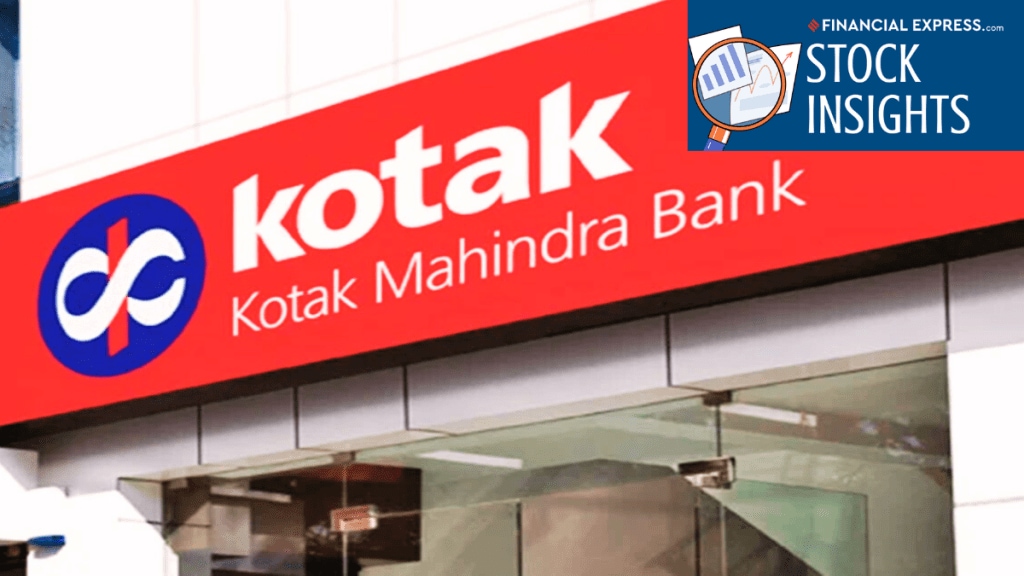“Investing should be more like watching paint dry or grass grow.” – Paul Samuelson, American Economist
Paul Samuelson, the first American to win the Nobel Prize in Economics, understood that successful investing isn’t about adrenaline. It’s about discipline, patience, and the courage to be unfashionably early.
Kotak Mahindra Bank — the fourth-largest private sector bank in India by deposits and advances — proved this philosophy right with one of its most unassuming yet rewarding investments.
Back in 2013, while the market was enamoured with IPOs, e-commerce booms, and the next flashy themes, Kotak quietly made a move that would go on to become one of its most brilliant strategic bets. It acquired a 15 per cent stake in Multi Commodity Exchange of India Ltd (MCX).
But before we get to what happened next, let’s rewind to the chaos of 2013.
An Opportunity in Crisis
That year, the Forwards Market Commission (FMC), the commodities market regulator at the time, declared Financial Technologies India Ltd unfit to own or control MCX, following the unravelling of the National Spot Exchange Limited (NSEL) scam. Financial Technologies, which then held a 26 per cent stake in MCX, was forced to divest.
It sold six per cent of its holding in the open market — a portion of which was picked up by the late Shri Rakesh Jhunjhunwala, the big bull of Dalal Street. The major chunk, a 15 per cent stake — the maximum permissible to a single entity under FMC’s revised norms — was acquired by Kotak Mahindra Bank for Rs 459 crore in 2014. The remaining 5 per cent was sold on the open market.
Kotak’s purchase price? Rs 600 per share — a steep 24 per cent discount to the then-market price of Rs 783.
Fast forward to 2025. On July 1st, MCX touched an all-time high of ₹9,115. With a market capitalisation of nearly ₹46,000 crore, the stock has turned into an 11-bagger, a multibagger stock.
Kotak Mahindra Bank’s 15 per cent holding translates to 76,49,755 shares. At the MCX closing price of Rs 9,002.50 on July 3, 2025, the value of that stake stands at a staggering Rs 6,886 crore.
Yes, you read that right — a Rs 459 crore investment in 2014 is now worth Rs 6,886 crore. That’s a return of over 1,400 per cent — or put simply, every Rs 1 invested has grown to Rs 15.
And MCX isn’t just sitting on legacy glory. In a recent milestone, India’s leading commodity derivatives exchange received SEBI’s approval to launch Electricity Derivatives — a big leap forward for India’s energy trading ecosystem.
Numbers back the story
In FY25, MCX reported consolidated income of Rs 1,208 crore, up 59 per cent YoY. EBITDA stood at Rs 761.5 crore (up 63 per cent YoY), while PAT came in at ₹560 crore, translating into a healthy 46 per cent margin.
Average Daily Turnover (ADT) for futures and options combined soared 101 per cent year-on-year to Rs 2.2 trillion, up from Rs 1 trillion. The options premium ADT alone grew by 85 per cent. On April 4th, post year-end, the exchange registered a record commodity futures turnover of Rs 71,500 crore in a single day.
MCX is now the world’s largest commodity options exchange by volume. Its Crude Oil and Natural Gas options rank #1 globally, while Gold and Silver options are at #2 — as per FIA rankings.
Looking back, what seemed like a quiet contrarian bet has turned out to be one of Kotak Mahindra Bank’s smartest strategic moves.
You see, the best investments don’t promise instant fireworks. They require trust, time, and the willingness to hold on — even when everyone else is chasing the next shiny object. And in the end, they reward you by compounding quietly in the background, through all market cycles.
That’s the kind of boring that’s worth aspiring to.
This episode reminds us that true wealth is often built not in moments of euphoria, but in periods of uncertainty — when conviction matters more than consensus.
Disclaimer
The article is for informational purposes only and not investment advice.
Dalal Street Investment Journal (DSIJ) is India’s most trusted financial media company, providing expert stock recommendations, market insights, and wealth-building strategies for nearly four decades. To know more about DSIJ, visit here.
The website managers, its employee(s), and contributors/writers/authors of articles have or may have an outstanding buy or sell position or holding in the securities, options on securities or other related investments of issuers and/or companies discussed therein. The content of the articles and the interpretation of data are solely the personal views of the contributors/ writers/authors. Investors must make their own investment decisions based on their specific objectives, resources and only after consulting such independent advisors as may be necessary.

